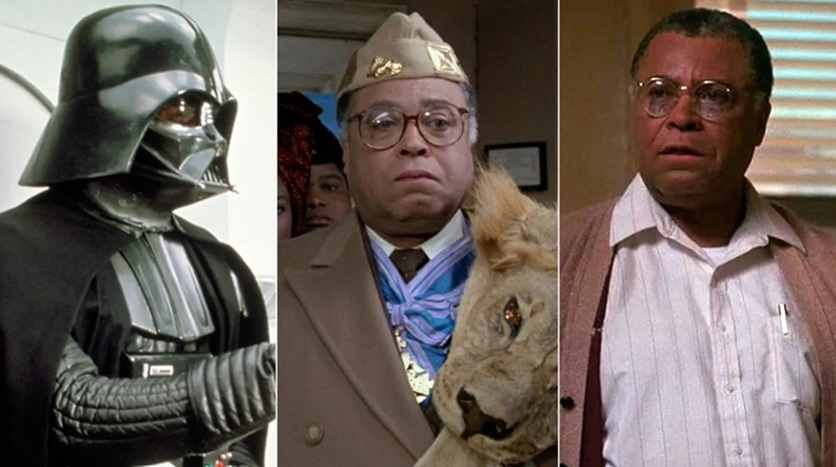James Earl Jones, the towering figure whose voice echoed through the hearts of millions as Darth Vader in the “Star Wars” saga, passed away on September 9 at the age of 93. His death at his home in Dutchess County, New York, marks the end of an era for a man whose voice was as iconic as the characters he portrayed.
Jones, a titan of stage and screen, began his journey in 1931 in Mississippi, grappling with a severe stutter that once rendered him nearly voiceless. He recounted his struggles with the speech impediment in a 2014 PBS interview, revealing how it influenced his choice to embrace silence, a decision that would ultimately shape his extraordinary career. “Silence isn’t bad,” Jones once mused. “It’s good to listen. And I learned to listen.”
His journey from a young stutterer to an acclaimed actor is nothing short of inspirational. After his early days of overcoming personal challenges with the help of a high school teacher’s poetry exercises, Jones embarked on a career that would span more than six decades. From his Broadway debut to his acclaimed roles in television and film, his work was a testament to his versatility and dedication.
Jones’s Broadway career in the 1950s and ’60s saw him as a staple of the stage, with memorable performances in “On Golden Pond” and “The Best Man.” His prowess earned him four Tony nominations and victories for “The Great White Hope” and “Fences.” Meanwhile, his television career began in earnest with his first Emmy nomination in the 1960s for “East Side/West Side,” leading to wins for “Heat Wave” and “Gabriel’s Fire” in the 1990s, among other accolades.
It was in 1977, however, that Jones’s voice truly resonated with the world as Darth Vader in “Star Wars: A New Hope.” Although the imposing figure was portrayed by David Prowse, it was Jones’s deep, commanding voice that became synonymous with the Sith Lord. Despite his iconic role, Jones remained humbly reflective about his contribution. “I lucked out,” he said of voicing Vader, noting the role’s impact on his career and his life.
Jones’s work was not confined to the galaxy far, far away. He graced audiences with memorable performances in Eddie Murphy’s “Coming to America,” starred in “Field of Dreams,” and brought the regal Mufasa to life in Disney’s “The Lion King.” His career, which boasted nearly 200 credits, showcased his remarkable ability to transcend genres, from animated classics to acclaimed television series and film.
In 2011, Jones was honored with an Academy Award for his lifetime of contributions, a fitting tribute to his enduring influence on the arts. The honor was bestowed upon him in a surprise ceremony during a performance of “Driving Miss Daisy” in London, an event that left him “flabbergasted” and profoundly touched.
Jones’s legacy will continue to resonate, particularly with the renaming of Broadway’s Cort Theatre to the James Earl Jones Theatre in March 2022. His influence on the world of entertainment and beyond is a testament to a life lived with passion, perseverance, and an extraordinary voice that will forever echo in the annals of cinematic history.
Jones is survived by his son, Flynn Earl Jones, and leaves behind a legacy that extends far beyond his impressive list of credits. His voice, once a source of personal struggle, became a powerful instrument of storytelling and emotion, touching lives and shaping the landscape of entertainment for generations to come.
(Source: Variety | New York Times)









